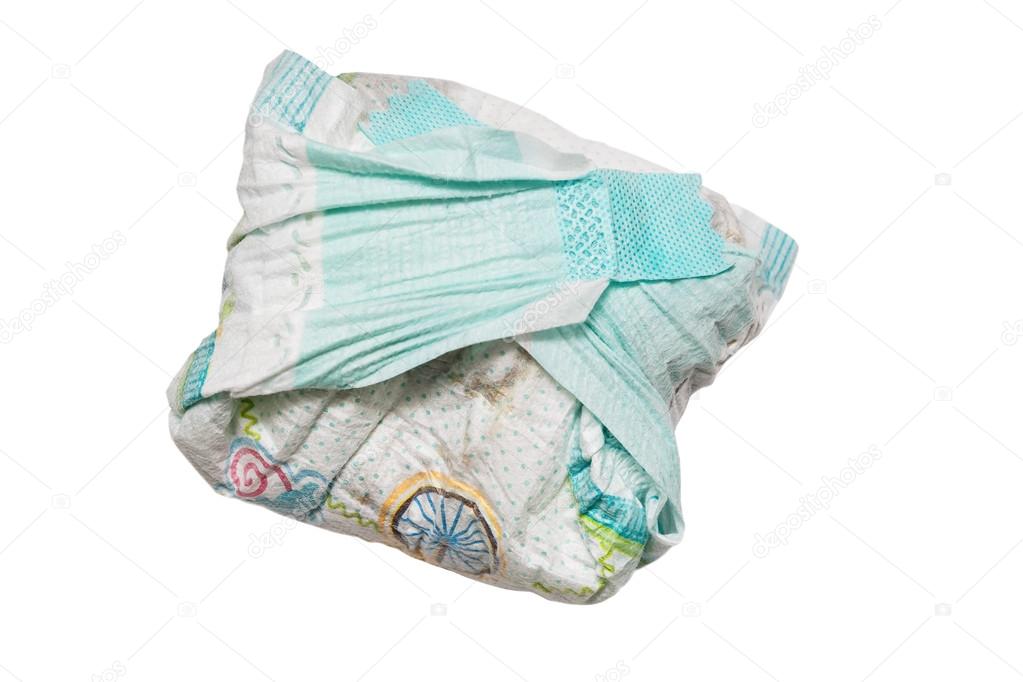Understanding The Impact Of Dirty Diapers: A Comprehensive Guide
Diapers dirty can be a significant concern for parents and caregivers, affecting hygiene, health, and environmental sustainability. Proper management of dirty diapers is essential to maintaining cleanliness and preventing health issues. In this article, we will delve into the importance of managing dirty diapers effectively, exploring various aspects such as hygiene practices, environmental impact, and health considerations.
Parents often encounter challenges related to dirty diapers, from odor control to disposal methods. This guide aims to provide comprehensive insights into handling dirty diapers while ensuring safety and cleanliness for both infants and the environment. By understanding the implications of dirty diapers, caregivers can make informed decisions to promote healthier living conditions.
This article will explore various strategies to manage dirty diapers effectively, including proper disposal techniques, hygiene practices, and eco-friendly alternatives. Whether you're a new parent or an experienced caregiver, this guide will equip you with the knowledge to handle dirty diapers responsibly and confidently.
Read also:Luddington The Hidden Gem Of Michigans West Coast
Table of Contents
- Biography of Dirty Diapers
- Hygiene Practices for Managing Dirty Diapers
- Health Considerations Related to Dirty Diapers
- Environmental Impact of Dirty Diapers
- Effective Disposal Methods for Dirty Diapers
- Eco-Friendly Alternatives to Traditional Diapers
- Common Challenges in Managing Dirty Diapers
- Best Practices for Dirty Diaper Management
- Data and Statistics on Dirty Diapers
- Conclusion and Call to Action
Biography of Dirty Diapers
What Are Dirty Diapers?
Dirty diapers refer to used diapers that contain waste, including urine and feces. They are an inevitable part of infant care, requiring proper management to ensure hygiene and prevent contamination. Understanding the composition and nature of dirty diapers is crucial for effective handling and disposal.
Importance of Managing Dirty Diapers
Managing dirty diapers is vital for maintaining cleanliness and preventing health risks. Improper disposal can lead to contamination, spreading harmful bacteria and viruses. Proper handling ensures a safe and hygienic environment for infants and caregivers.
Hygiene Practices for Managing Dirty Diapers
Hygiene practices play a critical role in managing dirty diapers effectively. Below are some essential tips to ensure cleanliness:
- Wash hands thoroughly after changing diapers.
- Use disposable wipes or water to clean the baby's skin.
- Dispose of dirty diapers in a sealed bin to prevent odor and contamination.
- Regularly sanitize changing surfaces to maintain hygiene.
Health Considerations Related to Dirty Diapers
Dirty diapers can pose health risks if not managed properly. Bacteria and viruses present in waste can cause infections and illnesses. Caregivers should be vigilant about hygiene and cleanliness to protect both infants and themselves.
Common Health Risks
Some common health risks associated with dirty diapers include:
- Diaper rash caused by prolonged exposure to waste.
- Bacterial infections from improper disposal.
- Contamination of surfaces and objects leading to illness.
Environmental Impact of Dirty Diapers
The environmental impact of dirty diapers is a growing concern. Traditional disposable diapers contribute significantly to landfill waste, taking hundreds of years to decompose. Exploring eco-friendly alternatives can help reduce this environmental burden.
Read also:Kim Kardashian Sink A Comprehensive Exploration Of The Iconic Bathroom Fixture
Sustainable Practices
To minimize the environmental impact, consider the following practices:
- Use biodegradable diapers that decompose faster.
- Opt for cloth diapers as a reusable alternative.
- Dispose of diapers responsibly to prevent pollution.
Effective Disposal Methods for Dirty Diapers
Proper disposal of dirty diapers is essential for maintaining hygiene and protecting the environment. Below are some effective methods:
- Use diaper disposal systems designed for sealing and odor control.
- Follow local regulations for waste management.
- Consider composting biodegradable diapers when appropriate.
Eco-Friendly Alternatives to Traditional Diapers
Eco-friendly alternatives to traditional diapers offer sustainable solutions for managing waste. These options include:
- Cloth diapers that can be washed and reused.
- Biodegradable diapers made from natural materials.
- Eco-friendly diaper services that provide reusable options.
Common Challenges in Managing Dirty Diapers
Managing dirty diapers comes with various challenges, including odor control, disposal, and environmental concerns. Addressing these challenges requires a combination of proper techniques and innovative solutions.
Solutions to Common Challenges
Here are some solutions to common challenges:
- Use odor-neutralizing products to control unpleasant smells.
- Invest in high-quality diaper disposal systems for convenience.
- Explore eco-friendly options to reduce environmental impact.
Best Practices for Dirty Diaper Management
Implementing best practices for dirty diaper management ensures hygiene, safety, and sustainability. Below are some recommended practices:
- Maintain a clean and organized changing area.
- Dispose of diapers promptly to prevent odor and contamination.
- Educate caregivers about proper hygiene and disposal techniques.
Data and Statistics on Dirty Diapers
Data and statistics highlight the significance of managing dirty diapers effectively. According to studies:
- Disposable diapers account for approximately 4% of landfill waste worldwide.
- The average baby uses around 6,000 diapers before potty training.
- Biodegradable diapers decompose faster, reducing environmental impact.
These statistics emphasize the need for sustainable and hygienic practices in diaper management.
Conclusion and Call to Action
In conclusion, managing dirty diapers effectively is crucial for maintaining hygiene, ensuring health, and protecting the environment. By implementing proper hygiene practices, exploring eco-friendly alternatives, and following sustainable disposal methods, caregivers can create a safer and cleaner environment for infants.
We invite you to take action by:
- Sharing this article with other parents and caregivers.
- Exploring eco-friendly diaper options for your family.
- Providing feedback or questions in the comments section below.
Together, we can promote healthier and more sustainable practices in diaper management. Thank you for reading!

